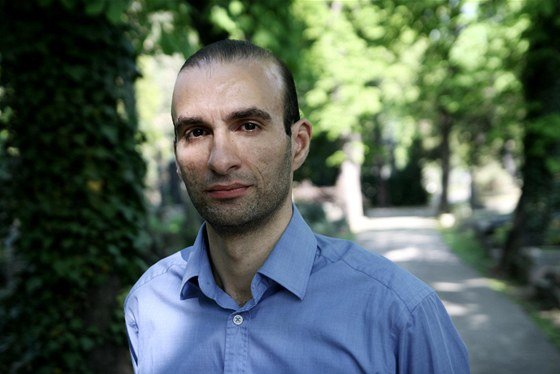Castro was amazingly successful in instituting functioning system: professor

TEHRAN – Professor Arshin Adib Moghaddam says Fidel Castro succeeded to establish a functioning ruling system, especially in the health sector.
Castro, the legendary leader of the Cuban Revolution, died on November 25 at the age of 90.
“He (Fidel Castro) was amazingly successful in instituting a functioning system for governance and administration, including one of the best health care systems in the world,” Adib Moghaddam, chair of the Centre for Iranian Studies at the London Middle East Institute, tells the Tehran Times.
Following is the text of the interview:
Q: Fidel Castro, along with a small number of rebel forces, succeeded to topple the authoritarian regime of President Fulgencio Batista in 1959. What were the reasons behind his success?
A: The Cuban revolution was one of the cosmic events of the 20th century. It had all the ingredients of a revolution, a gigantic explosion of political desire for a better tomorrow: First, an ideology with global appeal that Fidel Castro utilised in order to give an identity to his movement and to secure the backing of a superpower such as the Soviet Union. Castro was not a blind communist of course. He was a child of his time, politically enveloped by the post-colonial emancipation of the non-Western world, buttressed by events such as the nationalisation of oil in Iran led by Mohammad Mossadegh, Nassirism in the Arab world, the emergence of the Non Alignment Movement and the activism of people such as Che Guevara, Frantz Fanon and Kwame Nkrumah in Africa. Inspired by the revolutionary philosophy of Jose Marti, Castro was a Cuban first, a Latin American second, and an internationalist-socialist in the third place.
Second, Castro became the point of fixation of the people. Comparable to the role of leaders in the other great revolutions of 20th century modernity, Lenin in Russia, Mao in China and Khomeini in Iran, Castro was the iconic, charismatic figure head of a mass movement in the name of national liberation.
“The country (Cuba) brokered the peace between the FARC movement and the government in Columbia; a truly gigantic diplomatic achievement and something that none of the so called great powers came even remotely close to with regard to the Israeli-Palestinian conflict.”Q: What were the reasons that the U.S. failed to overthrow the Castro government? And, did he succeed to fulfill his promises to the Cubans?
A: The reasons given above, the fact that the Cuban revolution had ideological depth, a charismatic leadership and a populist agenda which substituted a corrupt and submissive ancien regime (again very comparable to Iran), explain why the United States was not able to unhinge his rule, despite of the activism of Cuban exiles to that end. This is a case study par excellence for everyone who is interested in the dynamics of the Cold War and the limitations of U.S. power. An island country just of the coast of the U.S. mainland managed to secure its revolution in the name of independence against all odds, including invasions, sanctions, assassination attempts and constant, covert strategies to bring about “regime change”. Fidel Castro may not have given his people the political freedoms they desired, but under the circumstances of a clear and present threat from the United States, he was amazingly successful in instituting a functioning system for governance and administration, including one of the best health care systems in the world. Again, this is a historic achievement for a small country under constant harassment from an imperial power.
Q: The United States and Cuba have taken great steps to normalize ties. Does this mean that Cuba has taken a departure from its ideals?
A: The main ideals of any revolution start to be realised when the movements transcends the anger and tribulations of the revolutionary moment. Countries can’t be built in a war zone or within an explosion such as a revolution. The revolutionary event creates the conditions of independence to implement the desires of the people: liberty, political freedoms, human rights, economic security. After the end of the Soviet Union, the Castros were very successful in sponsoring like-minded movements in Latin America – Chavez would not have happened without the Cuban revolution, neither would there be the Moraleses, Ortegas and Lulas of this world. So central has Cuba become to the continent, that the country brokered the peace between the FARC movement and the government in Columbia; a truly gigantic diplomatic achievement and something that none of the so called great powers came even remotely close to with regard to the Israeli-Palestinian conflict. So Cuba created facts on the ground, and in many ways coerced the United States into accepting those realities. Of course, the Obama factor should not be disregarded. In my opinion, he has been the most prudent and intelligent U.S. leader in the country’s history. The Cuban revolution was meant to improve the lives of Cubans. Fidel was a nodal point, a relay jump-starting a new era. In the end, the Castros understood that relations with the United States will be beneficial to achieve the socio-economic goals of the revolution and to improve the lives of ordinary Cubans. It remains to be seen, however, how the brute gangster capitalism of someone like Trump affects this Cuban-American dialectic.
